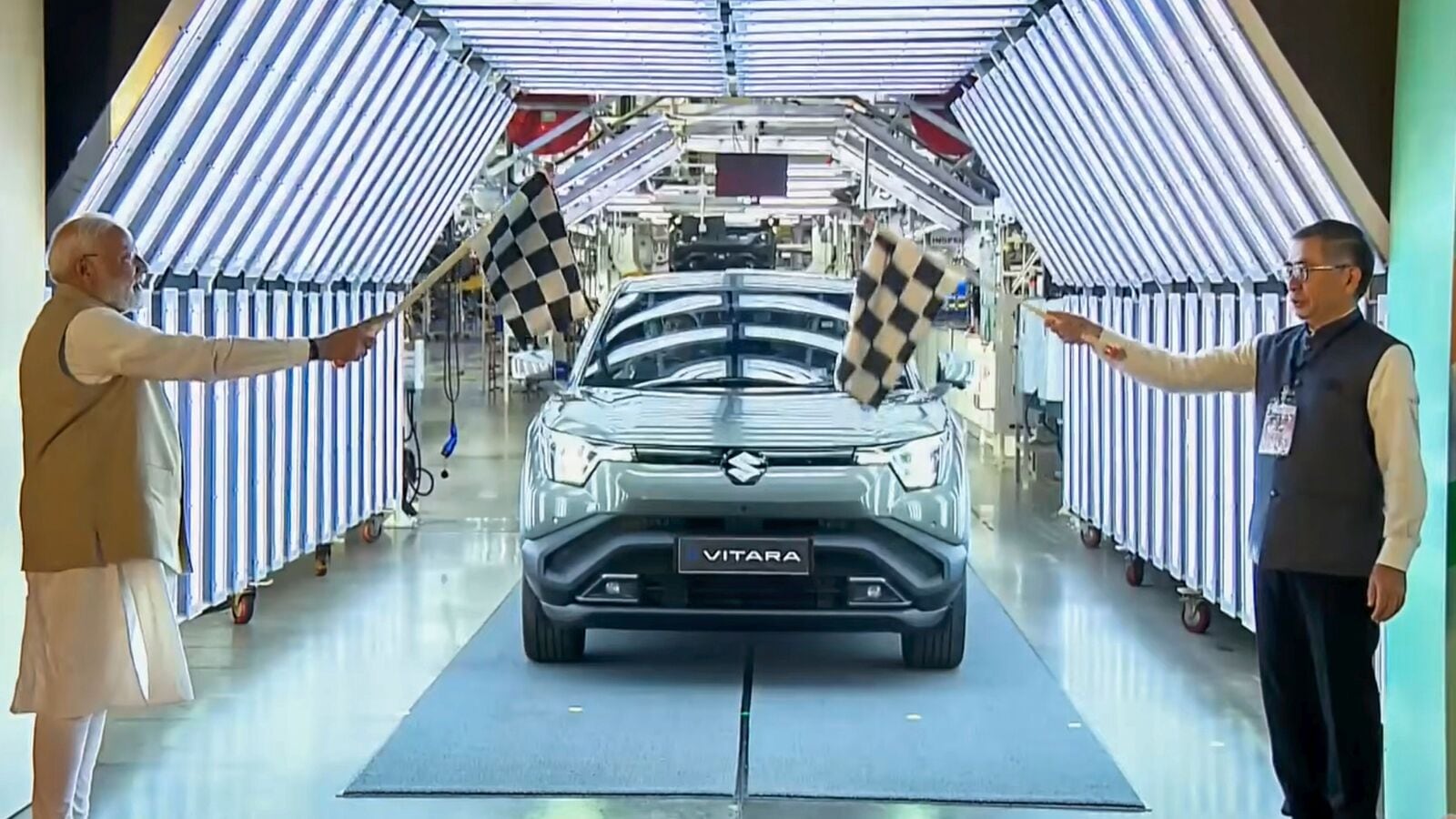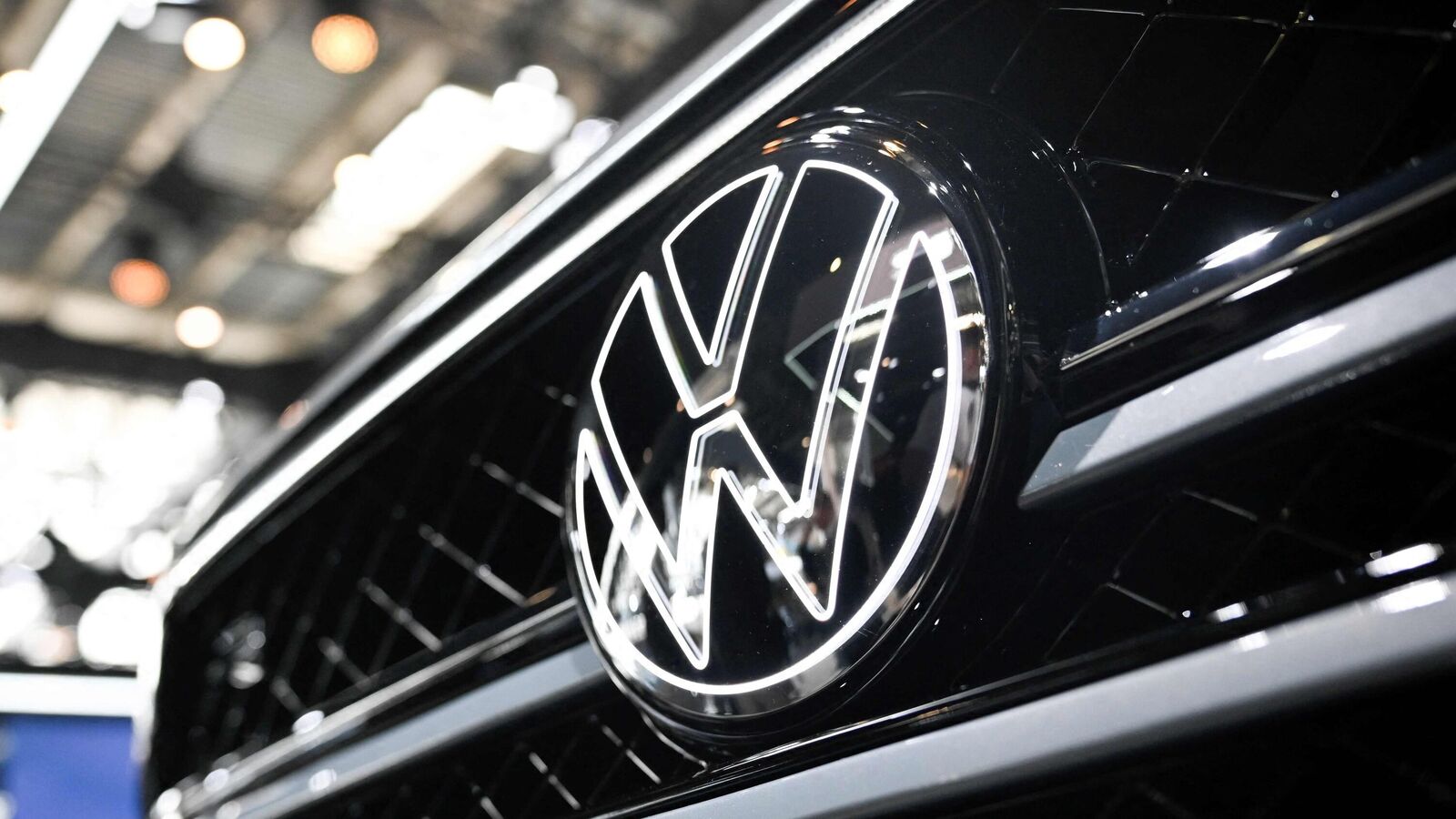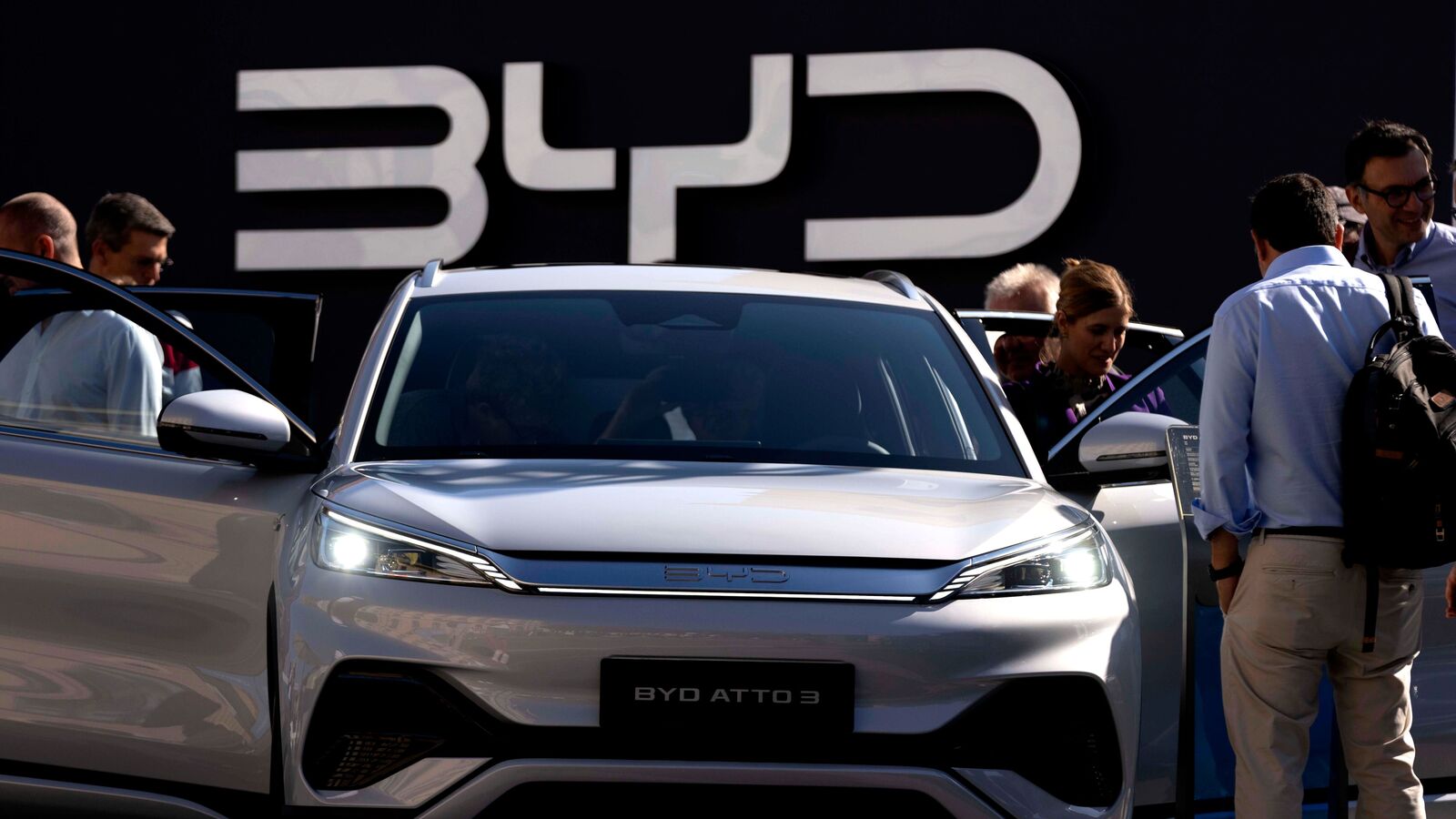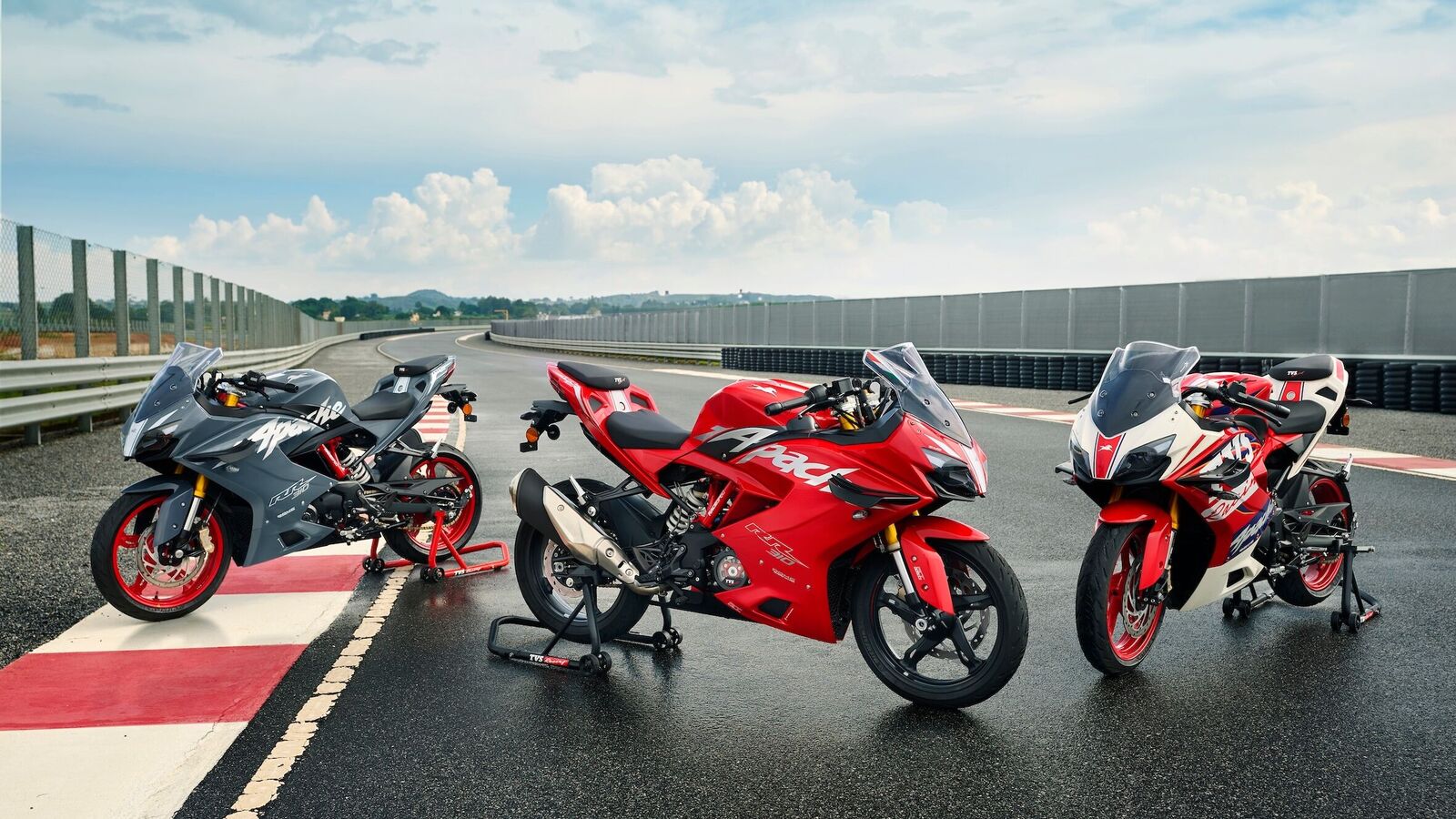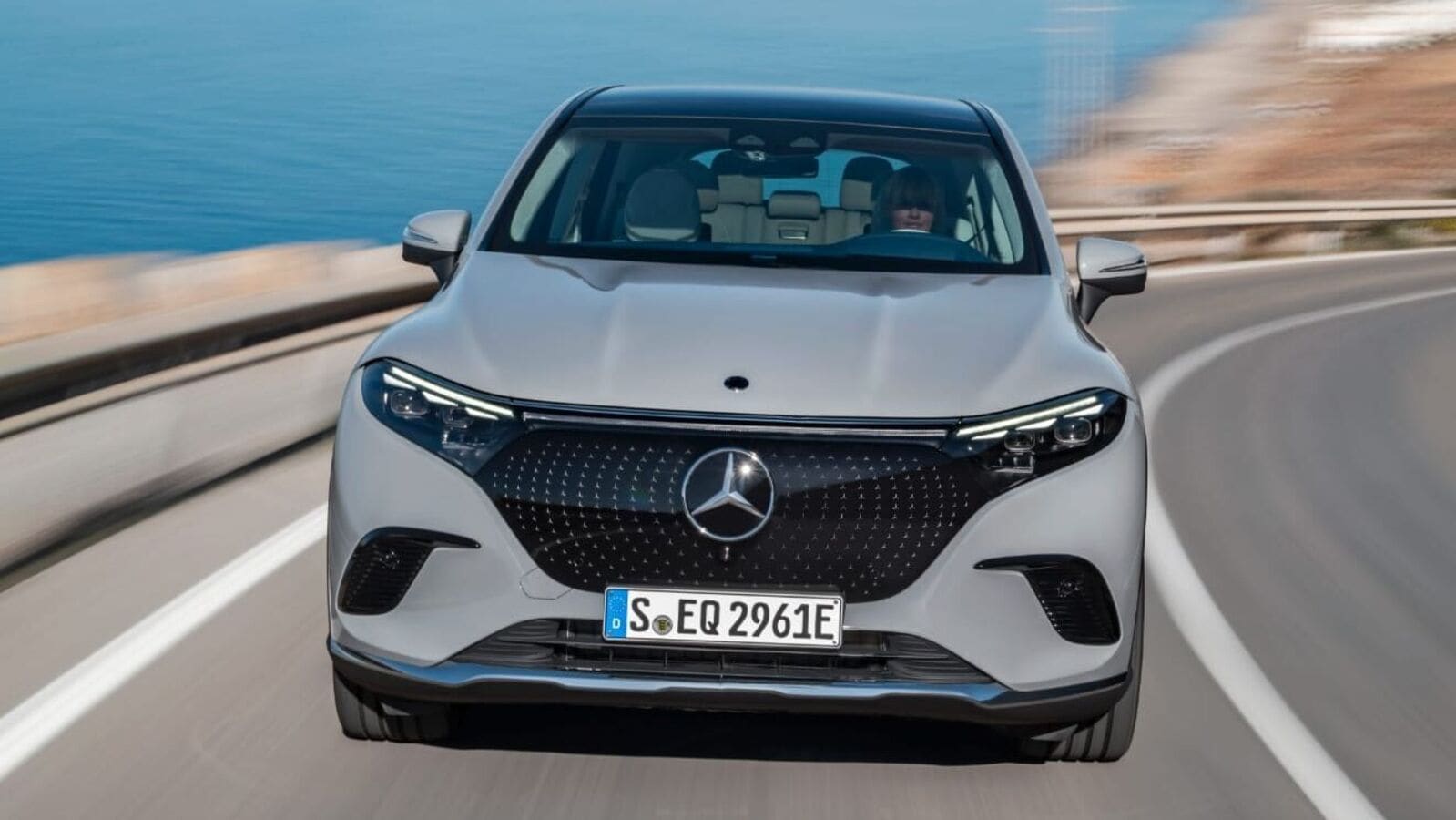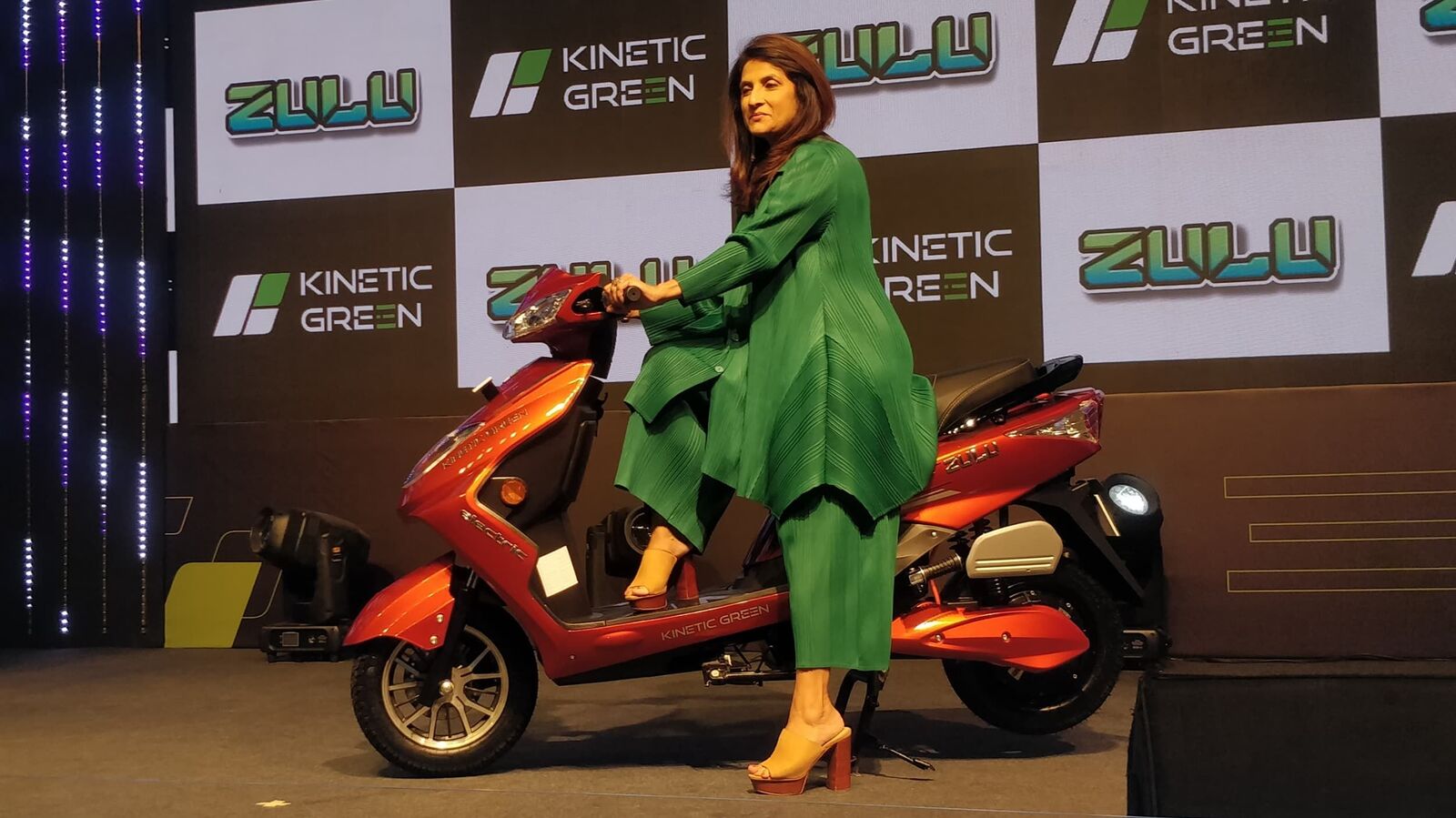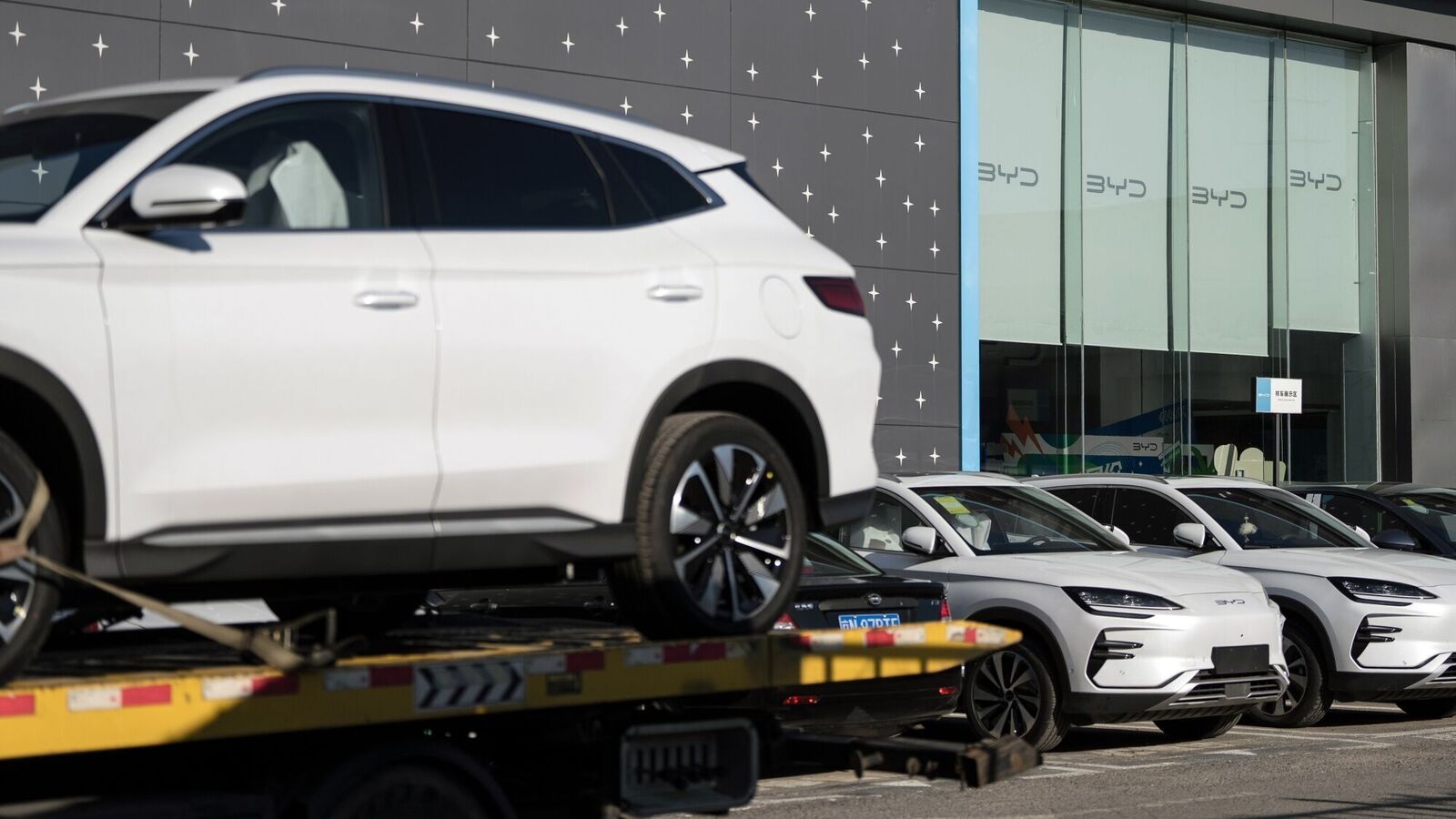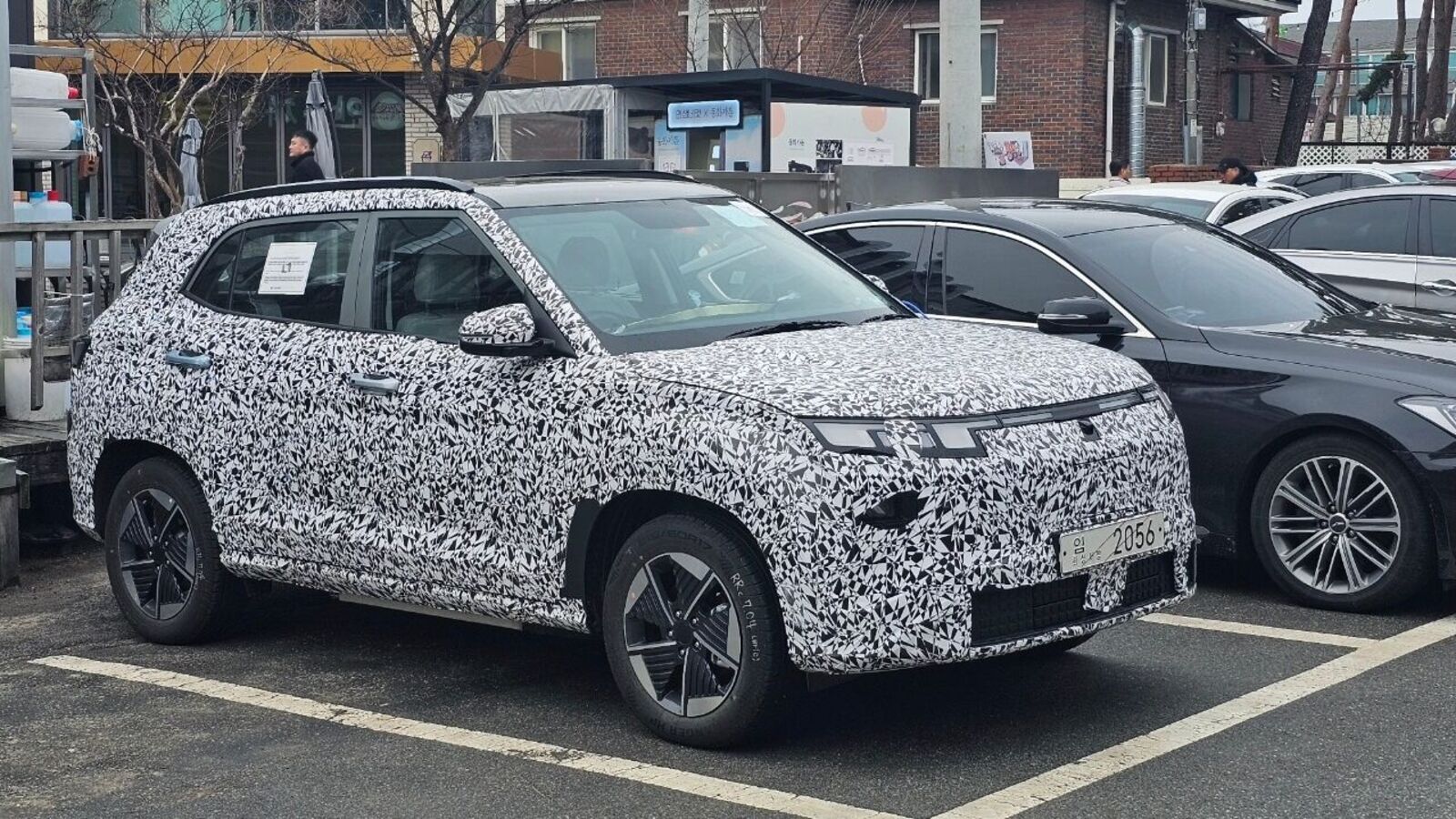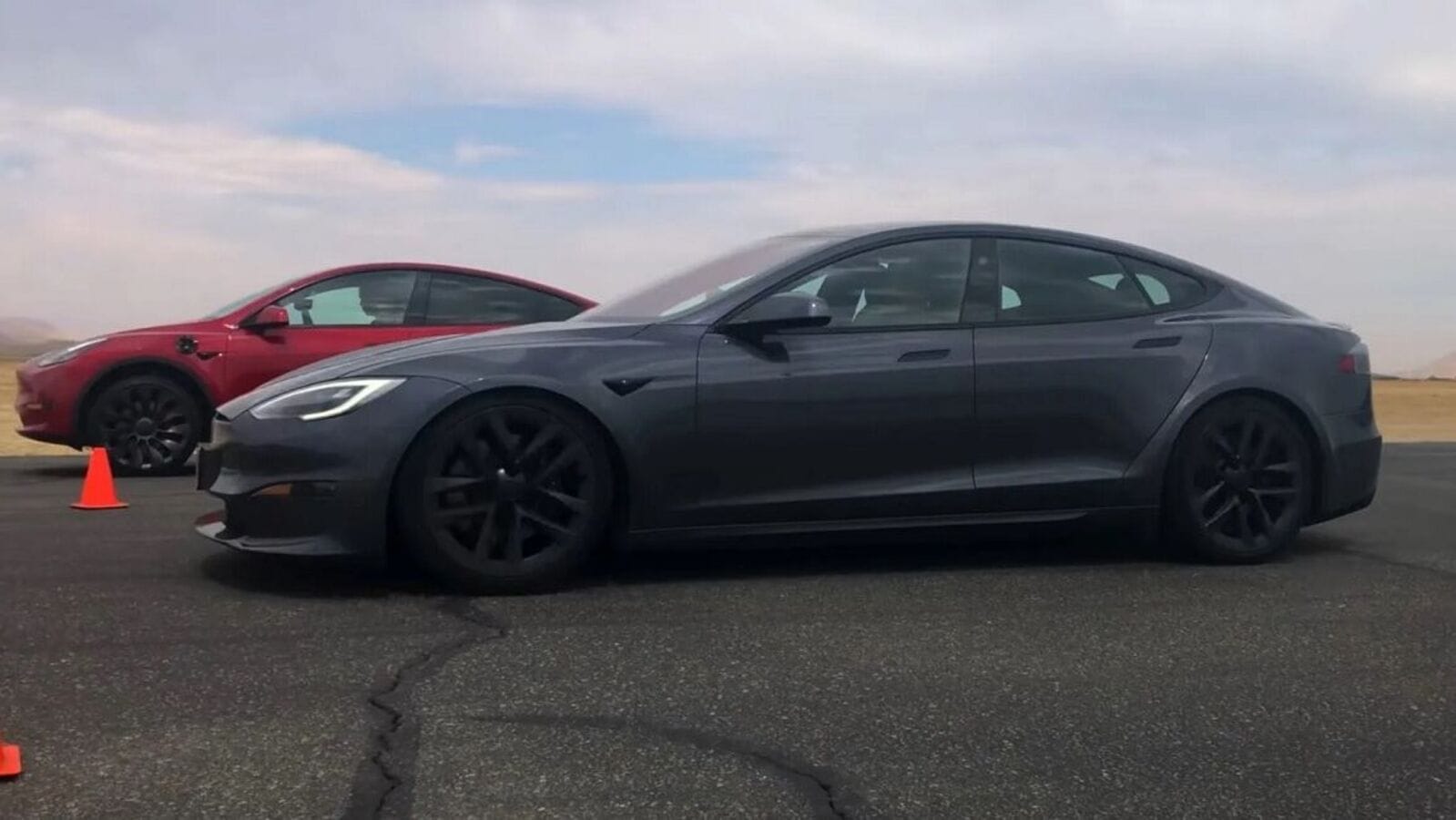Prime Minister Narendra Modi believes that with the commencement of exports of Made-in-India Maruti Suzuki E Vitara, there is a big leap for the government's EV visit as well as the government's make-in-India initiative.
See personal offer
Prime Minister Narendra Modi on Tuesday flagged off the export of Maruti Suzuki E Vitara Electric SUV. The first production electric car of the car manufacturer is not only being made for the Indian market, but it will also focus largely on the international market. Made-in-India E Vitara will be exported to 100 international markets around the world, a major milestone for the Indian electric vehicle industry.
In the production of lithium-ion battery cells for strong hybrid electric vehicles in its convenience, PM Modi said that it is a major jump for the country's travel to make-India, while exporting Maruti Suzuki e Vitara to the company's Gujarat plant, as well as in its convenience. He also said that this India-Japan will give a new dimension to friendship. The automaker will not only manufacture a vehicle in its Gujarat plant, but will also be a battery pack which will also be used in EV.
Also read: PM Narendra Modi dropped from Gujarat plant to Maruti Suzuki E Vitara Production
Speaking at the event, the Prime Minister said that even a few years ago, EV batteries were imported from foreign countries. However, the situation has gradually changed, and now batteries are being manufactured for electric vehicles in India. Modi said that it was important to construct a battery of electric vehicles locally to achieve the country's electric mobility dream. Speaking further, he said that this localization will strengthen India to become self -sufficient, while it also believes that electric vehicles are solutions to many problems.
Maruti Suzuki E Vitara is a new milestone in EV visit to India
Maruti Suzuki e Vitara is a major milestone in the Indian electric passenger vehicle market. It comes as the first electric car of India's largest passenger vehicle manufacturer. In addition, it is Suzuki's first production electric car. Especially the Suzuki Motor Gujarat (SMG), a unit of Maruti Suzuki India, the first batch of export bound E Vitara will be sent from Pipavav port to the European region, including United Kingdom, Germany, Norway, Denmark, Switzerland, Switterland, Swaden, Hengri, Itald, Atemed, and Itald, and Italad, and Italed, Ekald, and Ital Are. The plant built at the plant will be exported to Suzuki's domestic market, Japan, as well as other models of brands including Fronx and Jimmy.
Meanwhile, Maruti Suzuki is set to launch an electric SUV in India on 3 September, which will mark the entry of the brand in a segment where it lags behind despite being the largest car manufacturer in the country.
Suzuki to invest 70,000 crores in India
Japanese vehicle manufacturer Suzuki Motor Corporation will invest To strengthen its operations in the country, 70,000 crore in the next five to six years in India, the company's representative director and chairman, Toshihiro Suzuki said. Japanese automobile company has already invested 1 lakh crore in India, which led to more than 11 lakh direct jobs in the price chain.
Suzuki also said that the Gujarat facility serving customers in India and global markets will soon become one of the world's largest automobile manufacturing hubs, with a capacity of 1 million units per year. Dubbing the e-vitara production at the Gujarat plant as the first major milestone, Suzuki said that the company's second milestone is the beginning of the production of electrode-level localization with India's first lithium ion battery and cell, which is used in the company's hybrid vehicles. He said that these Toshiba Denso is being constructed here at the Suzuki plant. “With only raw materials and some semiconductor parts coming from Japan, it is a major salute for self-reliant India. We will use a multi-partner strategy, including electric, strong hybrid, ethanol flakes flakes, and compressed biogas to achieve carbon nutriti and climate change goals.
Furthermore, talking about the company's investment commitment in India, he said that OEM is committed to supporting India's vision for sustainable green mobility and contributing to Vacual India.
The event takes place at a time when India does breading for 50% tariff of Trump.
Interestingly, Maruti Suzuki starts the export of its first electric car E Vitara from the same day when India is working for the impact of US President Donald Trump's 50 percent tariff, which has been imposed on the country due to the purchase of crude oil from Russia. In a draft notice published on Monday, the Trump administration prepared a plan to implement 50 percent tariff on products from India. The deadline for following the terms of the US administration ends on Wednesday. Due to this 50 percent tariff, Indian goods exported Indian goods in the US will see a sharp spike at the tax rate, which is expected to affect Indian exporters and businesses.
The move has already received a sharp response from PM Modi with the aim of punishing India to buy Russian crude oil. Speaking in Ahmedabad after starting several projects, PM Narendra Modi on Tuesday made it clear that India would face external pressure.
Get insight into state -of -the -art technology changing upcoming cars, electric vehicles, bikes in India and automotive landscape.
First published date: 26 August 2025, 13:44 pm IST

